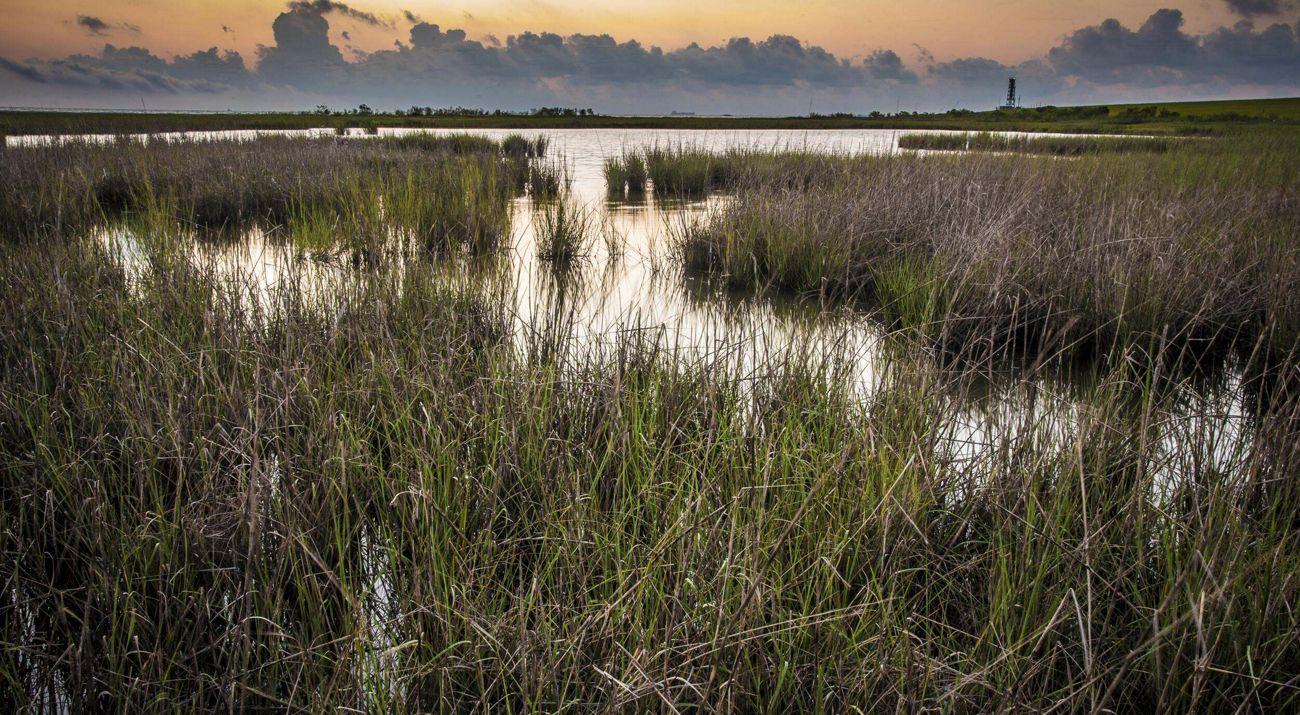With funding from a federal EPA grant, North Central Texas Council of Governments (NCTCOG) solicited TPL's assistance in creating a greenprint of water quality in two key watersheds within the region, the Lake Arlington watershed and the Lewisville Lake east watershed.
The study looked exclusively at criteria that the team believed would affect the lake's water quality, which included land use, erosion potential, floodplains, and proximitiy to streams, reservoirs, ponds, and wetlands. These criteria were weighted and compiled into composite conservation value maps, followed by a brief overview of funding options available.
Year Published: 2011
State: Texas
Landscape Context: Inland
Housing Density: Suburban
Funding Type: Private
Habitat Focus: Developed, Herbaceous, Planted/Cultivated
Organizations Involved:
The Trust for Public Land, North Central Texas Council of Governments (NCTCOG)
Values:
Water Supply, Water Quality, Floodplains/Flood Prevention
Stakeholder Involvement:
Stakeholders were involved throughout the process; the project involved three community engagement workshops, in which stakeholders reviewed maps and provided input. Stakeholders were also involved in discussion of implementation strategies.
Planning Process:
NCTCOG and TPL convened a group of local advisors to select the watersheds for the project and subsequently assist in watershed criteria mapping. The last phase of the project involved public training on voluntary land conservation methods.
Desired Outcomes:
The greenprint aimed to preserve the quality of drinking water reservoirs in the area.
What It Accomplished:
These two watersheds were chosen from a group of nine, and may serve to validate the greenprinting process, therefore catalyzing other similar programs in the region.
